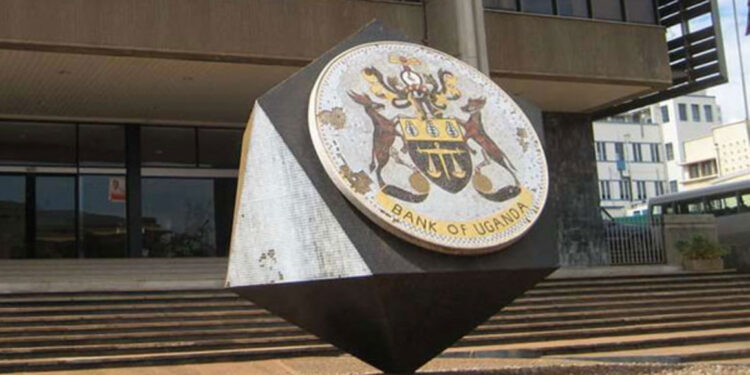The Bank of Uganda (BoU) has kept its key interest rate — known as the Central Bank Rate (CBR) — at 9.75% for August 2025, saying the move will help keep the cost of living stable while supporting economic growth.
The CBR is the rate the central bank uses to influence how much banks charge businesses and individuals for loans. By keeping it steady, BoU aims to control “core inflation” — the rise in the cost of goods and services — close to 5%, the target level.
Why it matters:
BoU says inflation (general increase in prices and fall in the purchasing value of money) has been easing, with prices for goods and services rising at a slower pace compared to last year.
In July 2025, annual headline inflation — the overall rate of inflation in an economy, measuring the change in prices for all goods and services, including food and energy — stood at 3.8% and core inflation at 3.9%, well below the highs seen in 2022 and 2023. The drop is mainly due to stable food prices, cheaper imports, and improved supply conditions.
Economic outlook:
Uganda’s economy is projected to grow by 6.3% in the 2024/25 financial year, slightly slower than the previous year’s 6.7%. Growth is being supported by lower inflation, increased private investment, infrastructure projects, and better agricultural output. However, the BoU warns that global economic uncertainty, high borrowing costs, and slowdowns in major economies could affect Uganda.
What could change prices in the future:
Inflation could rise if fuel and transport costs go up, global supply chains are disrupted, or the Ugandan shilling weakens.
Inflation could fall if the shilling strengthens, global prices drop, or local food production increases.
BoU says it will continue watching inflation and economic trends closely before making any changes to the CBR.
“This cautious stance supports price stability while fostering sustainable economic growth amid global uncertainty,” the central bank said.









